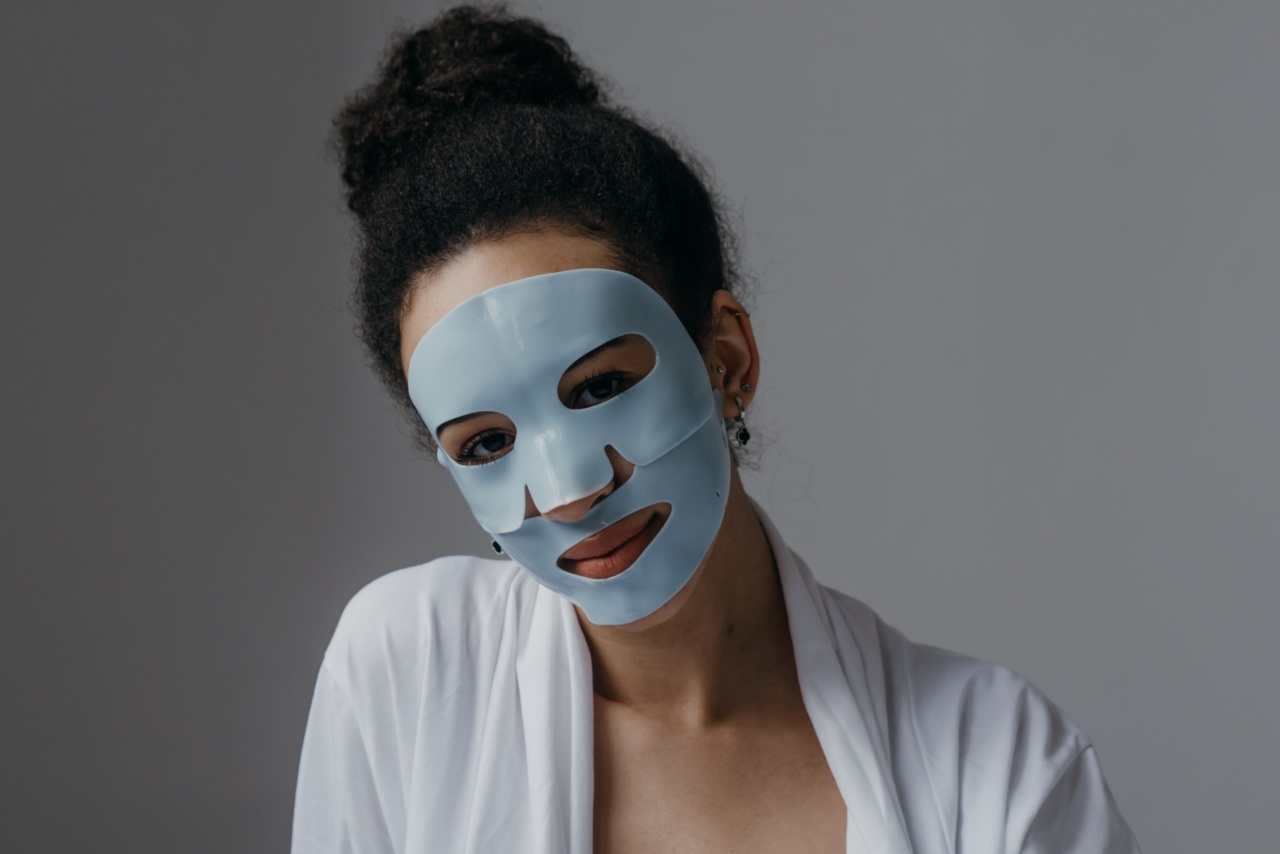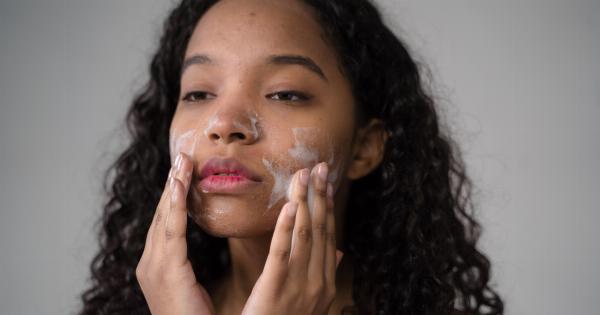Retinol is a type of vitamin A that is widely used in skincare products due to its remarkable anti-aging effects.
It is a derivative of vitamin A that has been proven to stimulate collagen production, promote skin cell turnover, and reduce the appearance of wrinkles and fine lines. Retinol is often referred to as the gold standard in anti-aging skincare because of its ability to effectively combat signs of aging and improve overall skin texture and tone.
How Does Retinol Work?
Retinol works by binding to specific receptors in the skin, which then triggers a series of biochemical reactions that lead to various skin benefits.
When applied topically, retinol is converted into retinoic acid, the active form of vitamin A, in the skin. Retinoic acid then communicates with skin cells to regulate gene expression, promote collagen synthesis, and increase cell turnover.
The Benefits of Retinol
Retinol offers numerous benefits for the skin, making it a highly sought-after ingredient in many skincare formulations. Some of the key benefits of using retinol include:.
1. Reduction of Wrinkles and Fine Lines
One of the primary reasons why retinol is widely used in anti-aging skincare is its ability to reduce the appearance of wrinkles and fine lines.
It stimulates collagen production, which helps to increase the skin’s elasticity and firmness, resulting in smoother and more youthful-looking skin.
2. Improvement in Skin Texture and Tone
Regular use of retinol can lead to a significant improvement in skin texture and tone. It helps to exfoliate the skin and remove dead skin cells, revealing a brighter and more even complexion.
Retinol also minimizes the appearance of pigmentation, age spots, and sun damage, resulting in a more radiant and youthful glow.
3. Prevention of Acne and Breakouts
Retinol is not only effective in reducing signs of aging but also in preventing acne and breakouts.
It helps to unclog pores, reduce sebum production, and promote the shedding of dead skin cells, which are all factors that contribute to the development of acne. Regular use of retinol can result in fewer breakouts and a clearer complexion.
4. Stimulated Collagen Production
Collagen is a protein that plays a crucial role in maintaining the skin’s structure and elasticity. As we age, the production of collagen naturally diminishes, leading to sagging skin and the formation of wrinkles.
Retinol stimulates collagen synthesis, restoring the skin’s firmness and reducing the appearance of fine lines and wrinkles.
5. Increased Cell Turnover
Retinol promotes cell turnover, which is the process by which new skin cells replace old and damaged ones.
This helps to reveal fresher, younger-looking skin and can also improve the efficacy of other skincare products by allowing them to penetrate more deeply into the skin.
Tips for Using Retinol
While retinol offers incredible benefits for the skin, it is essential to use it correctly to avoid potential side effects. Here are some tips for incorporating retinol into your skincare routine:.
1. Start Slowly
If you are new to retinol, it is advisable to start with a lower concentration and gradually increase it over time. This allows your skin to adjust to the ingredient and minimizes the risk of irritation.
2. Apply at Night
Retinol can increase the skin’s sensitivity to the sun, making it more susceptible to sunburn and damage. Therefore, it is best to apply retinol products at night and use sunscreen during the day to protect your skin.
3. Use Moisturizer
Retinol can cause dryness and irritation, especially during the initial stages of use. To combat this, always follow up with a moisturizer to keep your skin hydrated and nourished.
4. Be Patient
Results from using retinol may not be immediately visible, and it may take several weeks or even months to notice significant improvements in your skin. Consistency is key, so be patient and stick to your skincare routine.
5. Consult a Dermatologist
If you have any concerns or specific skin conditions, it is always best to consult a dermatologist before incorporating retinol into your skincare regimen. They can provide personalized advice and recommendations based on your needs.
Conclusion
Retinol is truly the gold standard in anti-aging skincare. Its ability to reduce the appearance of wrinkles, improve skin texture and tone, prevent acne, and stimulate collagen production makes it a powerhouse ingredient.
By incorporating retinol into your skincare routine and following the tips mentioned, you can turn back the clock and achieve a more youthful and radiant complexion.




























